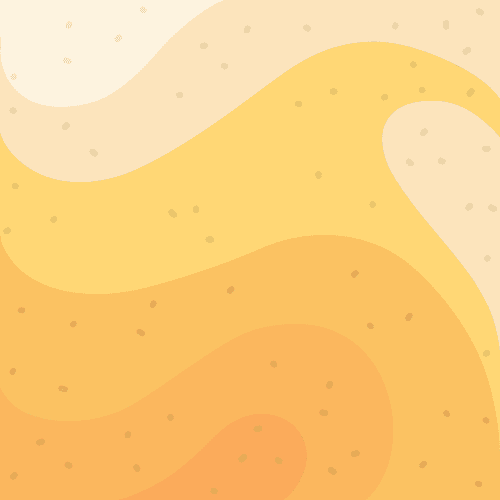The Plant Paradox - Book Summary
The Plant Paradox helps you make better food decisions and eat healthier by arguing that some plant foods that we think are healthy can actually be harming us and making it harder to lose weight.
18
463 reads
CURATED FROM
IDEAS CURATED BY
The Plant Paradox - Book Summary
“
The idea is part of this collection:
Learn more about exerciseandfitness with this collection
How to overcome unwanted thoughts
How to manage intrusive thoughts
How to change your attitude towards intrusive thoughts
Related collections
Similar ideas to The Plant Paradox - Book Summary
Weight-loss interventions
We make more than 200 food decisions a day, and most of these appear to be habitual, which means we eat without thinking about what or how much food we consume.
A new study found weight-loss interventions that are based on forming new habits, and breaking old habits is the key to a heal...
Eating less can be difficult
It is hard to resist our desire to eat higher energy-dense foods, making dieting lapses inevitable. Motivation to maintain the diet may dwindle and can add to the perception that the last five pounds are harder to lose.
Our weight will settle around a point that is a balance between th...
How to break the cycle of stress
- Make exercise a priority. It can reduce stress and regulate stress-related weight gain.
- Eat healthier comfort foods, such as air-popped popcorn.
- Practice mindful eating. Focus on what you're eating without distractions suc...
Read & Learn
20x Faster
without
deepstash
with
deepstash
with
deepstash
Personalized microlearning
—
100+ Learning Journeys
—
Access to 200,000+ ideas
—
Access to the mobile app
—
Unlimited idea saving
—
—
Unlimited history
—
—
Unlimited listening to ideas
—
—
Downloading & offline access
—
—
Supercharge your mind with one idea per day
Enter your email and spend 1 minute every day to learn something new.
I agree to receive email updates

